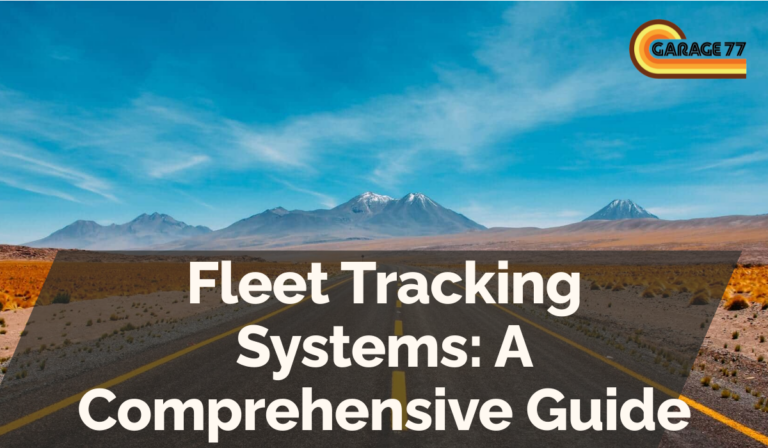While self-driving technology continues to be a hot topic in transportation circles, fleet owners must not lose sight of the unlimited potentials that come with integrating this futuristic technology with the Global Positioning System (GPS) fleet management. This is driven by the exponential benefits of combining telemetry data from GPS with autonomous vehicle technology. Let’s go into the depth of how this amalgamation is sculpting the future of fleet management.
Creation of a Modern Fleet Management System
The beginning of the 21st Century witnessed an innovative shift in transport management with the introduction of GPS. This technology facilitates real-time positioning and tracking, which offers improved accuracy in fleet management. However, with autonomous vehicles stepping into the spotlight, fleet management is experiencing a different kind of revolution.
Autonomous Vehicles and GPS Integration
Self-driving vehicles leverage Radar, LiDAR, cameras, and machine learning to perceive their environment and make on-road decisions. But when integrated with GPS, these vehicles can efficiently manage routes, save fuel, and decrease maintenance costs. Autonomous vehicles combined with GPS technology presents a unique opportunity for exponential improvement in operational efficiency.
Benefits of Combining GPS with Autonomous Vehicle Technology
The integration of GPS fleet management with autonomous technology offers a plethora of advantages:
- Real-time location tracking
- Effective route planning
- Enhanced fuel efficiency
- Predictive maintenance
Real Time Location Tracking
GPS integration equips autonomous vehicles with real-time locations, helping fleet managers in tracking all fleet vehicles simultaneously, reducing incidences of vehicle theft, and ensuring delivery precision.
Effective Route Planning
By leveraging GPS data, autonomous vehicles can plan the most efficient routes, avoiding congestion and reducing unnecessary mileage, thus increasing overall productivity.
Enhanced Fuel Efficiency
With the ability to plan optimal routes, autonomous vehicles can maintain steady speeds and avoid traffic-congested areas, leading to efficient fuel consumption.
Predictive Maintenance
Autonomous vehicles integrated with the GPS system can transmit health reports of vehicles which can also predict when certain parts may need servicing, thereby aiding in predictive maintenance and minimizing downtime.
Frequently Asked Questions
What is predictive maintenance in fleet management?
Predictive maintenance utilizes data from different vehicle sensors to predict potential failures, helping in avoiding vehicle breakdowns and improving fleet maintenance practices.
How does GPS integration aid in fuel efficiency?
GPS integration with autonomous vehicles enables optimal route planning, leading to less time on roads, reduced idle times, and consequently improved fuel efficiency.
Conclusion
As we fast-forward into the future of transportation, the integration of GPS with autonomous vehicle technology can potentially transform fleet management. The realm of possibilities it brings forth in terms of cost-saving, improved efficiency, safety, and far more superior fleet management practices is beyond imagination and is worth all the investments.







